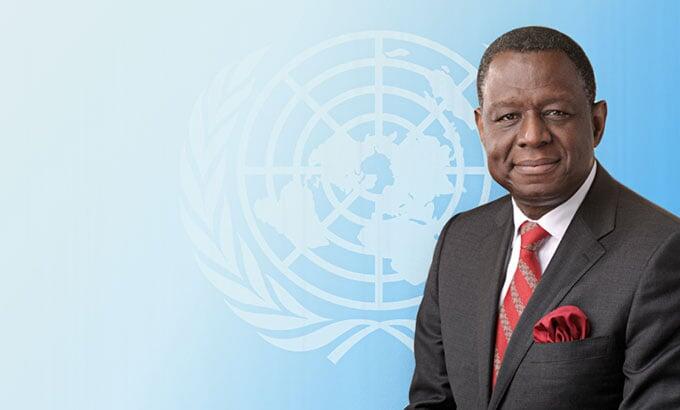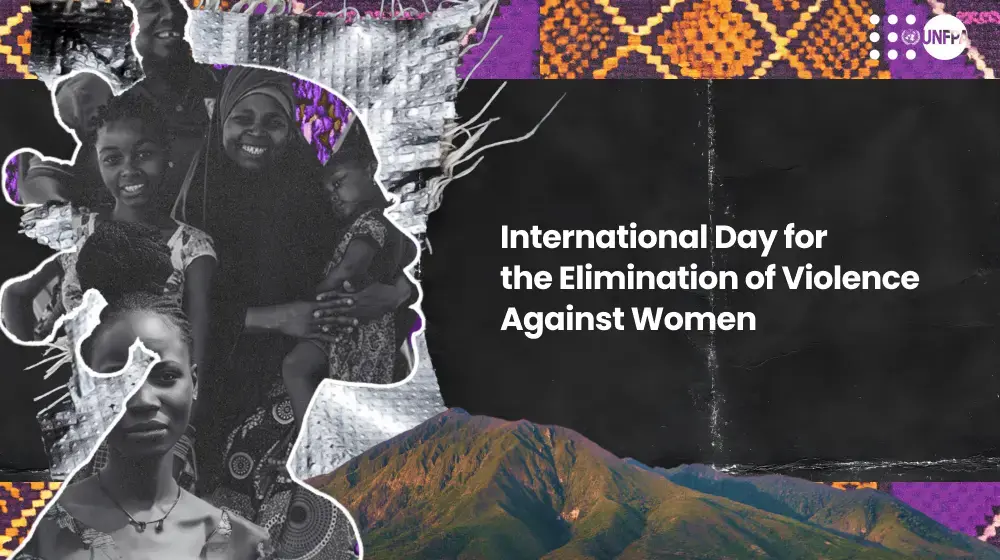JOHANNESBURG, South Africa — It is imperative to use the lessons learnt from the Millennium Development Goals (MDGs) to chart the new post-2015 development agenda, UNFPA Executive Director Dr. Babatunde Osotimehin said at the PMNCH Partners’ Forum in Johannesburg on July 1.
“One child saved, one woman saved, counts. Saving the lives of women and children is a task for all women and children,” he said, in a speech at the closing session.
“The status of women’s health is often an indicator of the status of women and indeed, of the community. Let us raise our voices for human rights and tackle poor health outcomes. We have an opportunity to place women’s rights at the centre of the global development agenda.”
The 3rd Partnership for Maternal, Neonatal and Child Health (PMNCH) meeting brought together over 800 delegates from UN agencies, civil society, governments, health care associations, academics and the private sector. The event was chaired by Graça Machel, former First Lady of both Mozambique and South Africa, and wife of the late Nelson Mandela. Also in attendance were HRH Princess Sarah Zeid of Jordan and Deputy President of South Africa Cyril Ramaphosa.
The two-day meeting sought to strengthen efforts to improve the health and wellbeing of women, children and adolescents, and to develop a strategic vision for the Reproductive Maternal, Neonatal and Child Health (RMNCH) community in the post-2015 development agenda.
‘It’s time to accelerate progress’
A youth pre-conference meeting attended by youth delegates aimed to generate consensus on the role of young people in improving RMNCH, as evidence shows that adolescents and youth contribute a significant proportion of global maternal mortality.

As a member of H4+, UNFPA is working to improve women’s and children’s health and recently in Kigali, Rwanda, the Roadmap to Accelerate Achievement of Maternal and Newborn Survival was launched to accelerate the achievement of MDGs 5a and b. With 545 days to go to the MDG deadline, it was time to accelerate progress, he said.
No woman should be denied access to family planning. It gives her the right to manage her fertility and her life, he said.
Scale up interventions that work
While there has been a 50 per cent reduction in global maternal mortality – down from 380 deaths per 100,000 in 1990 to 210 per 100,000 in 2010 – this is not sufficient. The MDG 5a target of a three-quarter reduction in maternal mortality globally has not yet been met.

“We have done very well but progress has not been rapid enough. We need to do more,” he said. “We must scale up the interventions that we know can save the lives of women and children.”
The roadmap sets out the interventions that work. “We know what to do – it’s just about getting to do it. The evidence is clear. With the right investment and the right interventions, we can reduce maternal mortality even further.” Interventions include comprehensive sexuality education, ensuring access to reproductive health information and services, and providing commodities.
With concerted efforts, we can reach more women and babies in order to reach MDGs 5a and b in the countries where the mortality levels are still high, he said.





